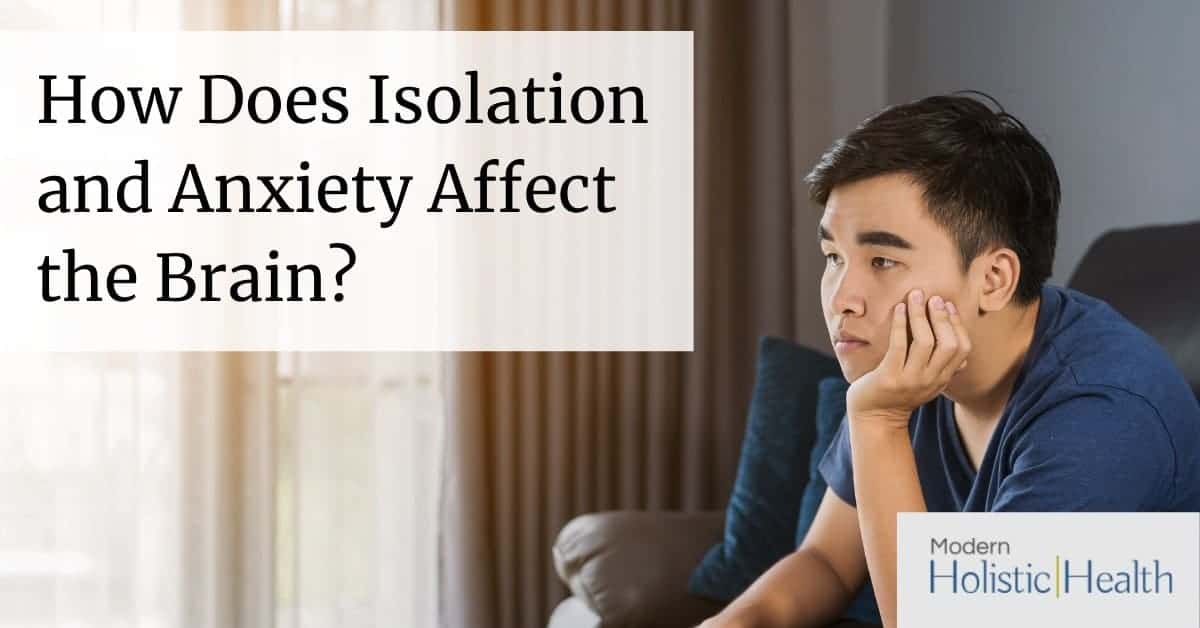
Dr. Villanueva was recently quoted in an article on HowStuffWorks
How Does Isolation and Anxiety Affect the Brain?
As Villanueva explains, a primitive area of the brain called the amygdala that’s responsible for our fight-or-flight response in stressful situations is activated when fear and anxiety assume control. In turn, this causes the release of adrenaline and cortisol, and while that would be useful in a life-or-death situation, it’s not so helpful when you’re exposed to chronic life stress.
“As you surround yourself with negative thoughts and stress, the amygdala overrides the voice of reason in the frontal lobe of our brain,” says Villanueva. “When this happens, our emotions take over and we lose the ability to rationally think. The stress surrounding COVID-19 can leave us in a chronic state of ‘amygdala hijack,’ putting us in a constant fight-or-flight state that causes our stress hormone cortisol to rise.”
The remedy is simple, but for a lot of people, not so easy: Try to disconnect from the nonstop social media and news, or risk facing what Villanueva calls neuroplasticity. “Science has discovered the brain’s amazing ability to ‘reroute’ its own pathways in an effort to maintain its own health and efficiency of message transmission,” she says, “but these pathways can become rerouted in a manner that can lead to chronic anxiety and mind racing, and ultimately, chronic depression.



